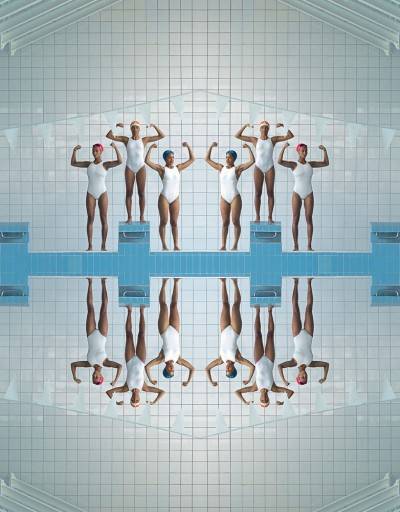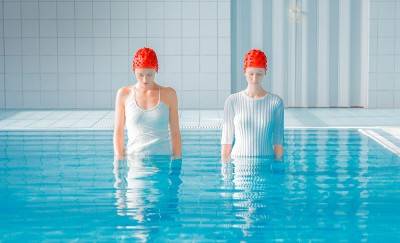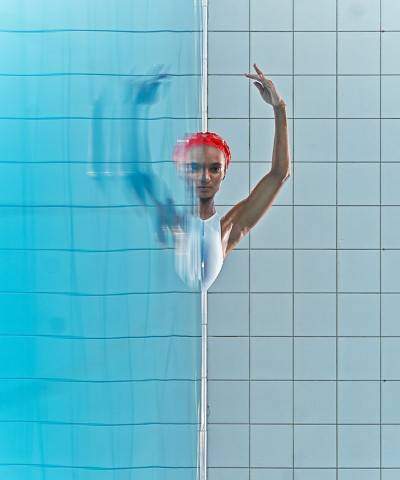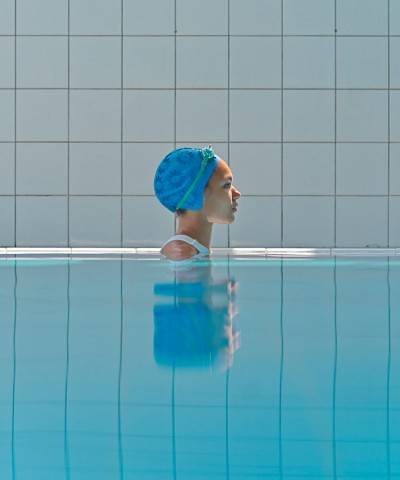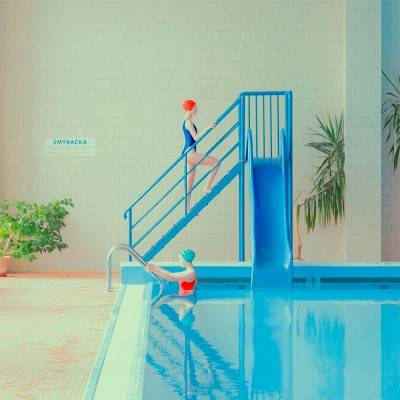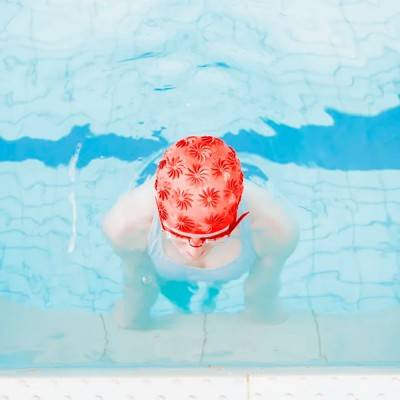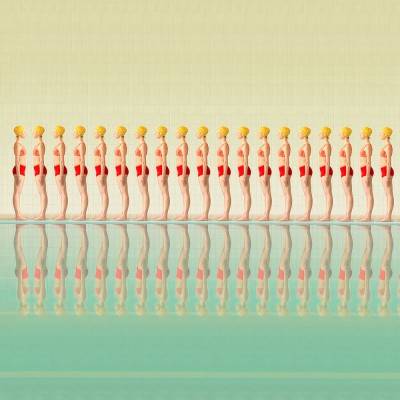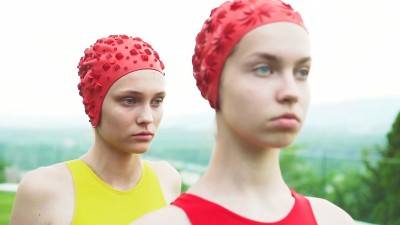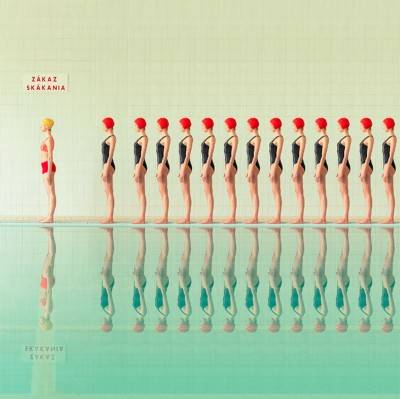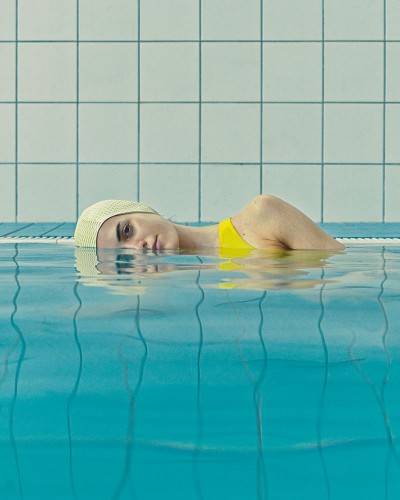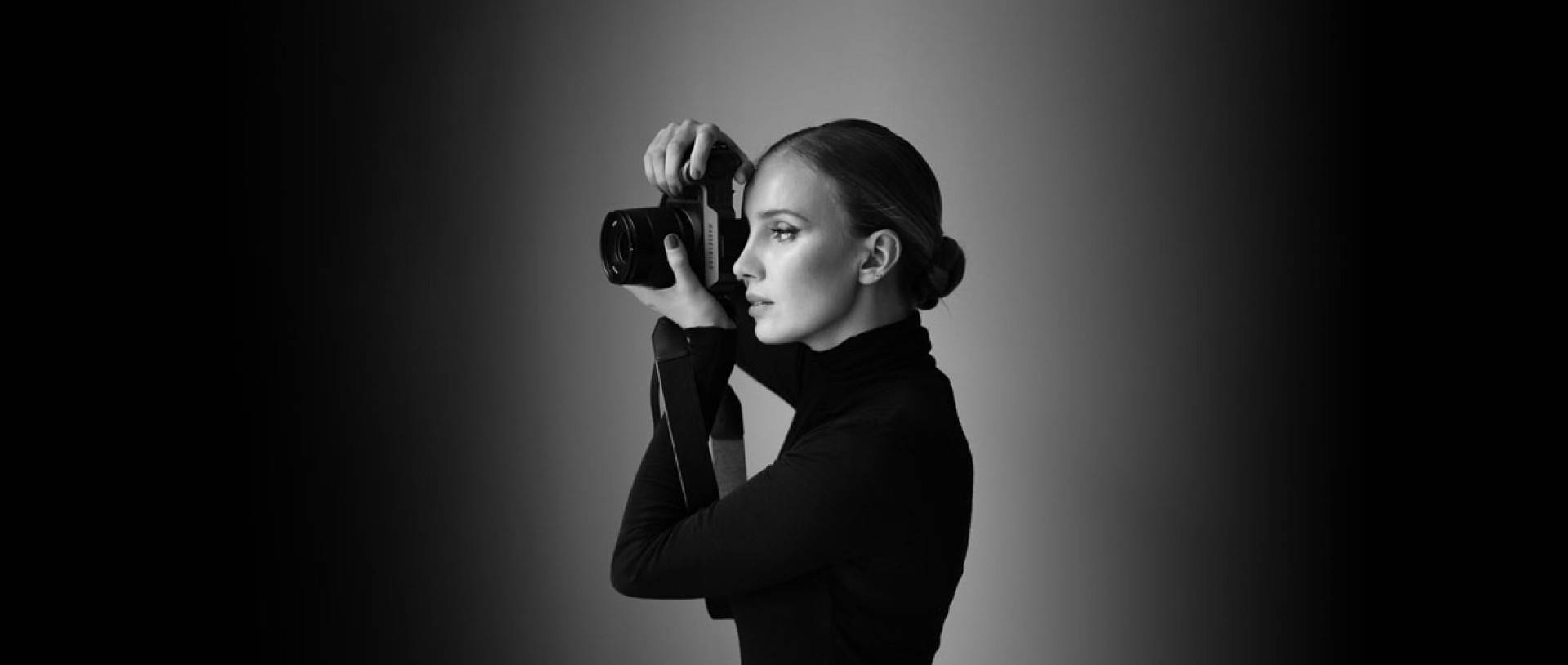

Maria Svarbova (Slovakia, 1988), lived in the quiet village of Slepcany until the age of 15, when she departed to Bratislava for studying in an art school, majoring in the restoration and conservation of woodcarving art. Unwilling to fit any predefined box or boundaries and eager to express her own vision, she occasionally ran into rows with her teachers and felt deprived of her own creativity, nonetheless building long-term friendships, part of which would accompany her over her artistic journey. After returning to her home, a reflex camera offered by her older sister was the trigger she pulled to recover her artistic aspirations. From the first click, she knew she had found her purpose. Enrolled in archeological study in Nitra, she was consumed by her new passion, but learned about methodical work and what it takes to convert her vision into tangible results. This boldness, personal relation to her lens, creativity and work ethics have been characterising her work ever since. In the prelude to what would be her life-defining career, she experimented with portraits. It is after moving back to Bratislava and initiating collaborations with former art school mates, that she progressively found her visual language and started to explore the themes reflected in this exhibition. Although diverse, those constitute an unmistakable, recognisable signature. This ability to build up a vision of her own beyond pictured themes, and to translate it into a visual grammar, combined with an obstinate quest for perfection and pursuing her own agenda, afar from any photography tradition, are arguably her trademarks. Something that tells a lot of her headstrong, selfdemanding character, and of the emergency she feels to picture what she intends to. Without patronage nor technical limitations. Although she never studied photography, Svarbova progressively gained technical proficiency while exploring her memories and own references, from Roy Andersson through Edward Hopper to Roy Lichtenstein — all unclassifiable artists drawing their own path, to draw hers.
It is yet primarily in an era she did not live through, the period of late socialism, that she found inspiration, creating unique atmospheres that distinguish from “nostalgia” by the modernity and timelessness they convey. This universality, and her specific way to play with colours, light and geometry — the one of modernist and brutalist architecture, in particular, gained her a considerable audience, propelling her into the current stage of her career. From her early series The Butcher, Plastic People or Dining Room, around the mid of the 2010 s, Maria Svarbova succeeded in a project to which she had consciously and explicitly committed herself: achieving international recognition. Since, this path has been marked by milestone solo exhibitions in Europe, the US, Mexico or South Asia, commissioned work for commercial (Apple, 2019) and non-commercial series (as Fragile Concrete, 2021, exploring the relation between human beings and the “machine for living” designed by Le Corbusier, shot at the Unité d’Habitation of Marseille), and best-selling photo albums published by New Heroes and Pioneers (Swimming Pools, 2017 and 2022; Futuro Retro, 2019). In 2022, it was crowned by a large retrospective at Seoul Art Center. Maria Svarbova is represented by several leading art galleries and was awarded Hasselblad Master Art in 2018. Her work have been released in prominent publications such as The Guardian, Vogue, Forbes, CNN or The New York Times.
